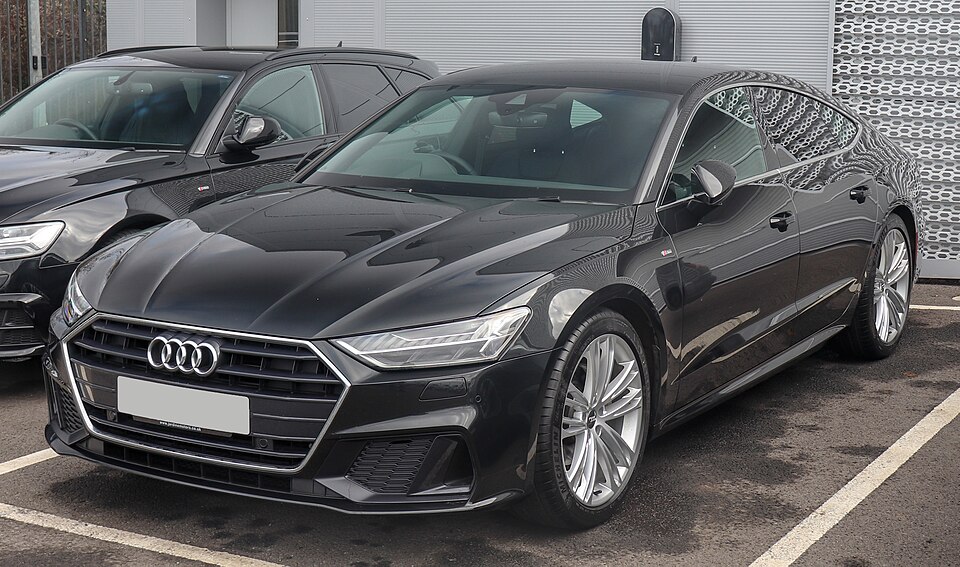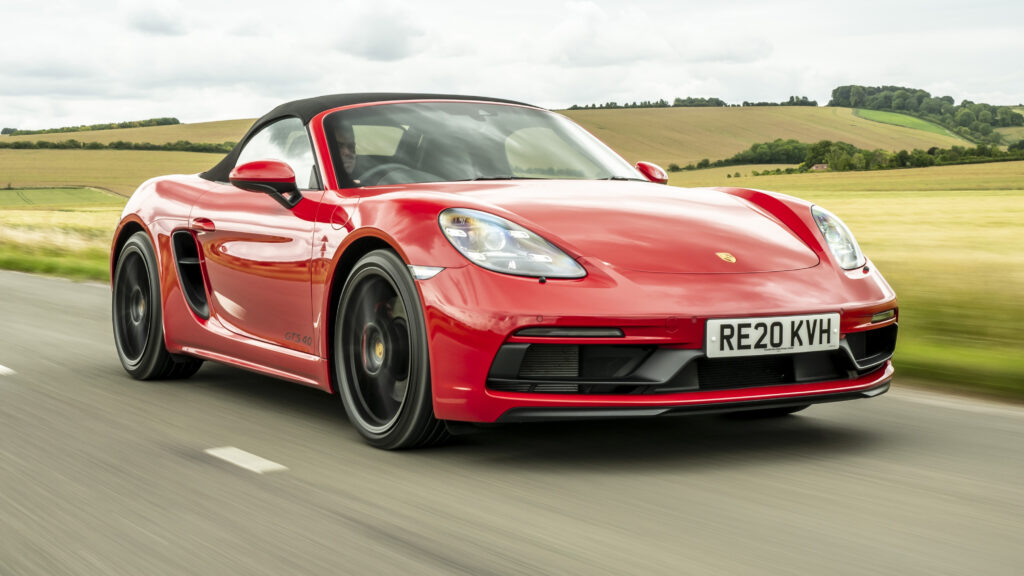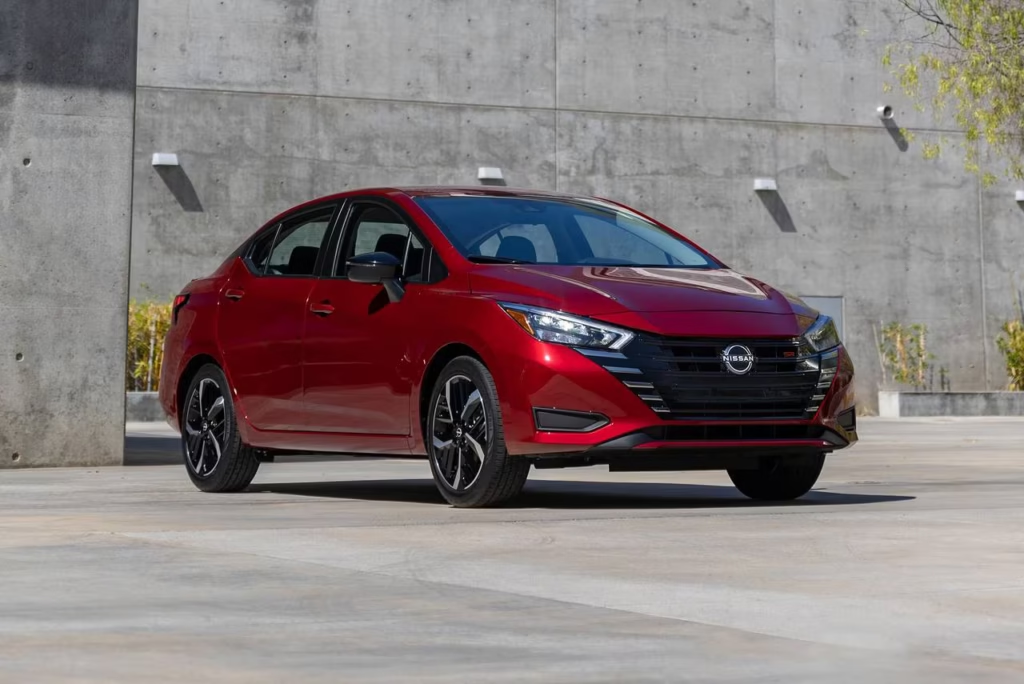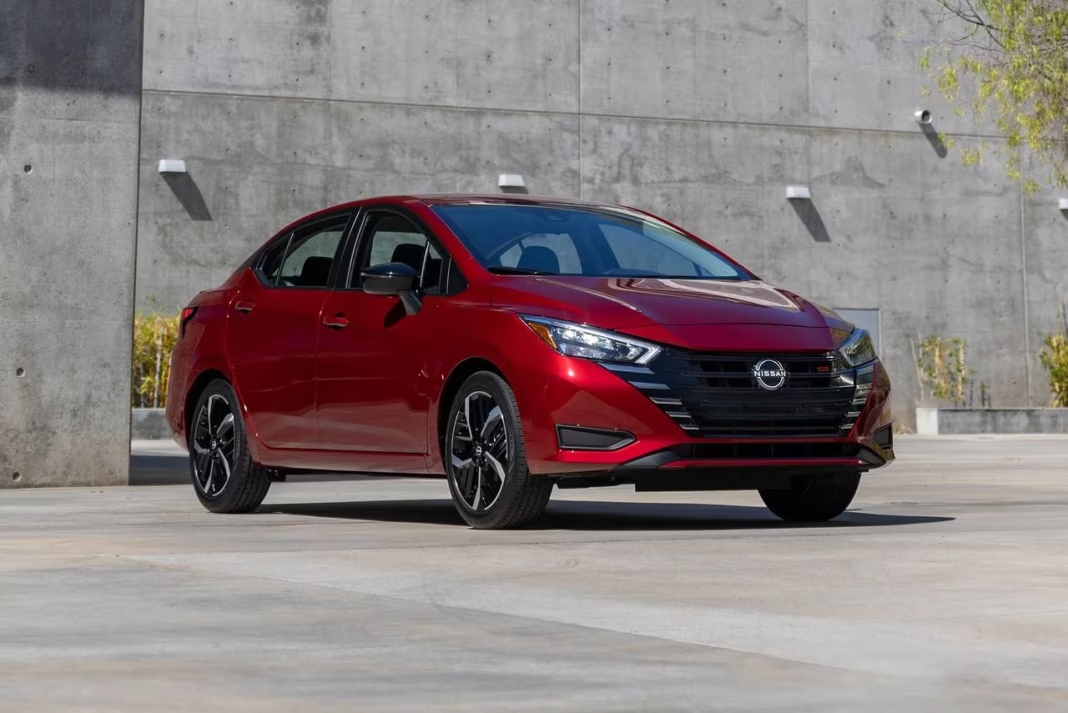The global automobile industry is entering a new era as car manufacturers focus more on electric and hybrid vehicles, moving away from traditional gas-powered cars. This shift has led several well-known models to be discontinued after 2025, marking the end of an era for some beloved vehicles.
Luxury brands making bold moves

Several high-end automakers are leading the charge in this transformation. Audi has announced that it will phase out the A7 Sportback while replacing the A4 with a new A5 sedan. These changes align with Audi’s broader electrification strategy. Similarly, BMW is discontinuing three of its popular models,the X4, 8 Series, and M8 Competition, as it pushes forward with new electric designs.
Cadillac, which has already ended production of the XT4, plans to retire the XT6 as it works toward an all-electric future. The decision reflects Cadillac’s commitment to developing electric SUVs that will replace its current gas-powered lineup.
The sports car shake-up

For sports car enthusiasts, Porsche’s decision to discontinue the 718 Boxster and Cayman, including the GT4 RS, may be shocking. However, the move is intended to clear the way for Porsche’s new electric sports cars, which aim to match the performance of their gasoline-powered predecessors while embracing sustainable technology.
Meanwhile, Volvo has cited declining sales as the main reason behind its decision to end production of the V60 Polestar Engineered, a high-performance station wagon that struggled to find a large customer base.
Affordable models affected too

Not just luxury brands are impacted. Nissan is expected to discontinue the Versa, which has long been one of the most budget-friendly sedans on the market. While Nissan has not provided an official reason, industry experts suggest that consumer preference for SUVs and crossovers has reduced the demand for small, affordable sedans.
Why are these cars being retired?
The wave of discontinuations highlights a larger trend in the auto industry. Manufacturers are responding to stricter environmental regulations, advancements in battery technology, and changing consumer preferences. More automakers are investing in hybrid and electric mobility, with many planning to fully phase out gasoline-powered cars by 2035, according to The Global Push for Electric Vehicles.
Governments worldwide are introducing incentives for electric vehicle production, further encouraging automakers to transition. This shift means that electric vehicles will become more accessible and technologically advanced, offering better range, faster charging, and lower emissions compared to gas-powered cars. Reports from the International Energy Agency indicate that over 25% of vehicles sold worldwide in 2025 are expected to be electric, showing the rapid growth of EV adoption
What does this mean for consumers?
While some drivers may feel nostalgic about the models being retired, experts believe the industry’s transformation is necessary for a more sustainable future. Electric vehicles are expected to offer lower maintenance costs, more efficient performance, and cleaner energy sources, making them a smarter long-term choice.
Manufacturers are already working on innovative electric models that will redefine the driving experience. Expect sleek designs, improved battery life, and cutting-edge technology as automakers compete in the growing EV market.
The retirement of these vehicles signals a turning point in the automotive world. As electric vehicles continue to gain popularity, manufacturers are racing to develop the next generation of cars that prioritize performance, efficiency, and sustainability.
While saying goodbye to classic models may be bittersweet, the future promises more exciting developments in electric mobility. Whether you’re ready for the transition or still attached to traditional engines, one thing is certain, the future of driving is electric.




